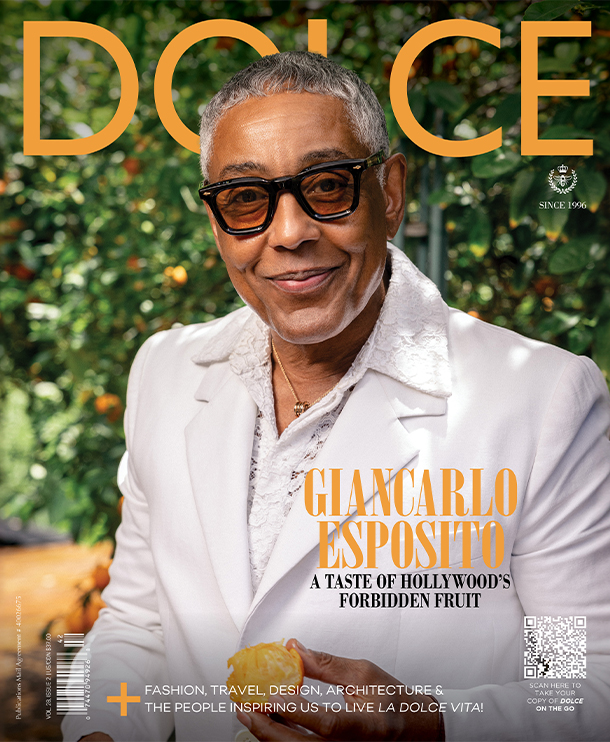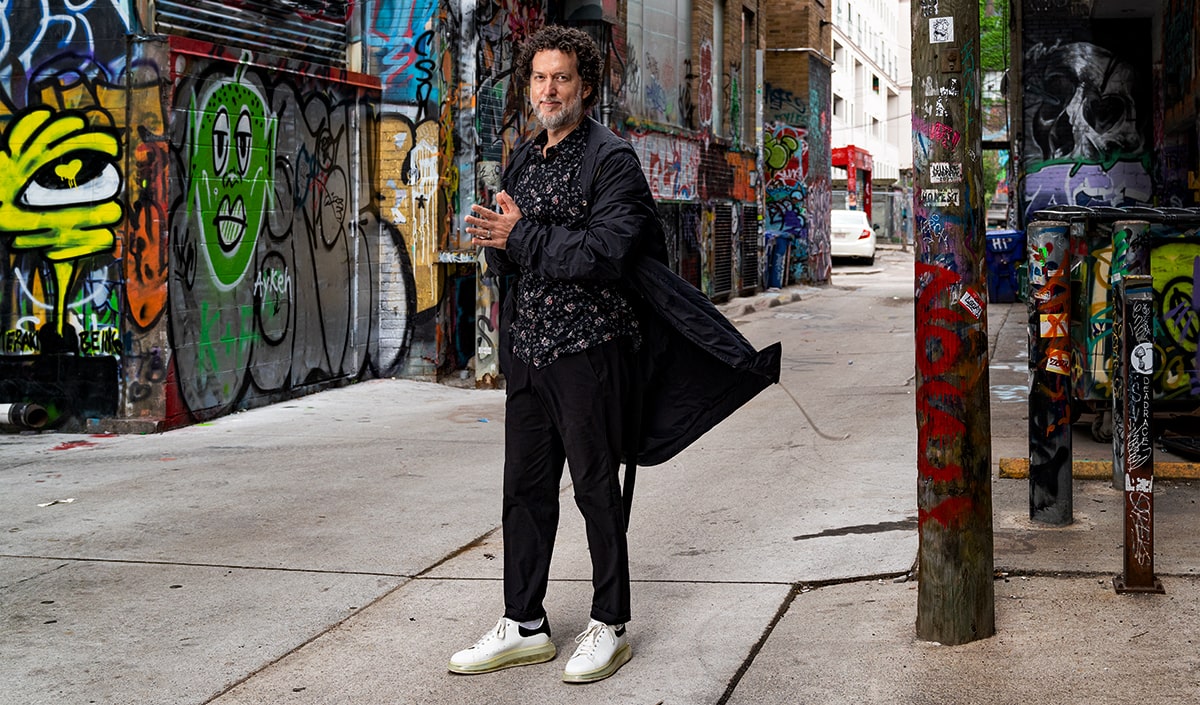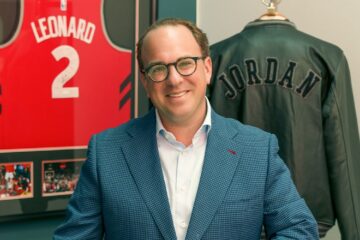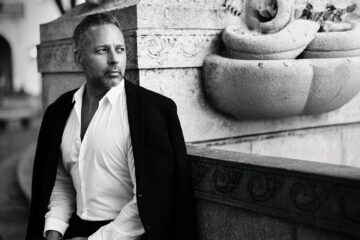David Beame: Entertainment With A Difference
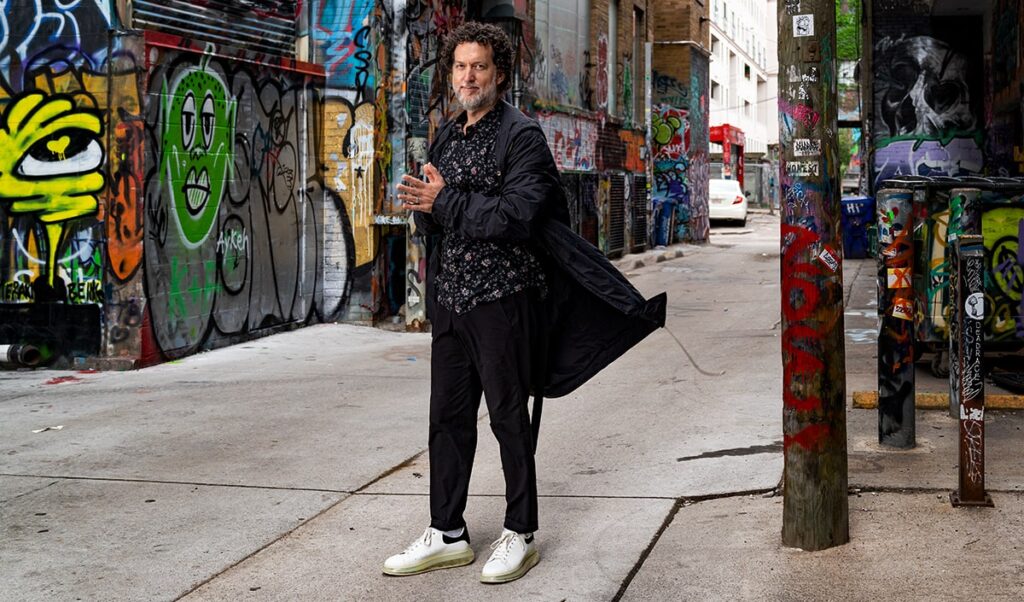
Ahead of the Global Citizen Festival’s tenth year in New York, the company’s vice president of events and broadcasts, David Beame, reflects on its success and why the global situation has never been more pressing.
In 2012, Global Citizen hosted its first festival in New York’s Central Park. It invited bands among the likes of Foo Fighters and Black Keys to the stage, all with an aligned mission to help end extreme poverty. Since then, the organization has continued joining purpose with talent, playing an instrumental role in distributing over $56 billion (US$41.4 billion) to non-government partners around the world.
On September 24, 2022, the festival saw its tenth edition and was introduced to Ghana for the first time. Here, the company’s vice president of events and broadcasts opens up on some of his favourite memories and how his experience as an entertainment attorney has shaped Global Citizen’s success.
Q: When did you know that you wanted to go into entertainment law?
A: I studied music at New World School of the Arts in Miami and, in my senior year of high school, the music director recognized that I had a knack for the business side of music. Over that year, I helped book shows and learned how important it is for artists to have advocates to guide their careers. I saw then that entertainment law could be a foundation to build a successful career in the entertainment industry, beyond being an attorney. Having a deep understanding of entertainment deal structures and intellectual property rights, along with an eye for live experiences and broadcasts, has definitely provided me with a lot of valuable tools to produce memorable and impactful shows.
Q: What made you believe in the vision for Global Citizen in 2012?
A: We were a very small team that first year, and in many ways that same spirit still exists. We have Margaret Mead’s quote on our office wall: “Never doubt that a small group of thoughtful, committed citizens can change the world. Indeed, it is the only thing that ever has”.
With so many challenges facing us — getting artists to play, permitting for the Great Lawn and paying for the whole thing — it was really an incredible effort, with a lot of wind at our back to prove our concept in its first year.
Q: How has your vision for Global Citizen in 2012 evolved over the past 10 years?
A: I’m proud to have accomplished all that we have over the last 10 years. We’ve been able to do so much for those living in poverty, but not since Live Aid took place almost 30 years ago have we seen the kind of dire need we see today. More than ever, urgent action is needed to mitigate the issues that war, climate inaction and the pandemic have brought on the world’s poor.
Q: What are the key messages you’re hoping to share through the Global Citizen Festival?
A: Hundreds of millions of people are not having their basic needs met — with no access to a reliable supply of food, clean water, adequate shelter, education or medical care. The international system is broken and not meeting today’s challenges — from epidemics to the climate crisis to collapsing food systems. If we don’t take action now, as many as 200 million more people may be plunged into extreme poverty by November, bringing the total number to one billion people.
This year, we are calling for world leaders major corporations and philanthropic foundations to make commitments to meet the following objectives: Invest $600 million into the future of women and girls, close the annual $10 billion climate-financing shortfall, deliver $500 million to help farmers on the African continent respond to the global food crisis and provide urgent relief from crushing debts to end extreme poverty now.
Q: How does your role as partner at Beame & Mencher LLP lend itself to your role at Global Citizen?
A: Producing a live show requires the ability to multitask and manage a tremendous amount of details. As an entertainment attorney, I can view the show as a series of agreements, which, taken collectively, create the shape of the overall experience.
By having a deep understanding about what the parties agree to do, whether it’s to produce a live stream or perform on stage, the show can become tangible, and you can identify who is responsible and what may be missing. But that is only a part of it. You also need to know what will energize and excite an audience, and law school can’t teach you that.
Q: What are a few of your favourite memories over the years?
A: Every year, we’ve had incredible lineups, but 2015 on the Great Lawn in Central Park stood out for me in particular. It was the year the UN launched the Global Goals from our stage, and 60,000 people got to see Beyoncé, Pearl Jam, Coldplay and Ed Sheeran perform in one night, on one stage. No doubt it was a very special show with these artists collaborating.
“The International System Is Broken And Not Meeting Today’s Challenges — From Epidemics To The Climate Crisis To Collapsing Food Systems”
But it was also one of the most meaningful nights for me, and it proved our “pop and policy” model. That day, four women stood on stage and, one by one, they removed their headscarves, introduced themselves and pledged to fight for girls to have access to education around the world.
The last woman to speak and introduce herself was Nobel Prize laureate and activist Malala Yousafzai. The crowd erupted in applause and treated her as a global rock star. It was overwhelmingly beautiful to see that kind of support and admiration for an activist at a festival.
Q: What is your definition of success?
A: I define success by how well I play my part and whether I will ultimately leave our planet a better place for everyone. Notions of accumulating great wealth or notoriety might mean success to some, but to live a good life, where I have endeavoured to do good and be good and make a positive impact on the world, is a successful life.
Interview by Estelle Zentil




